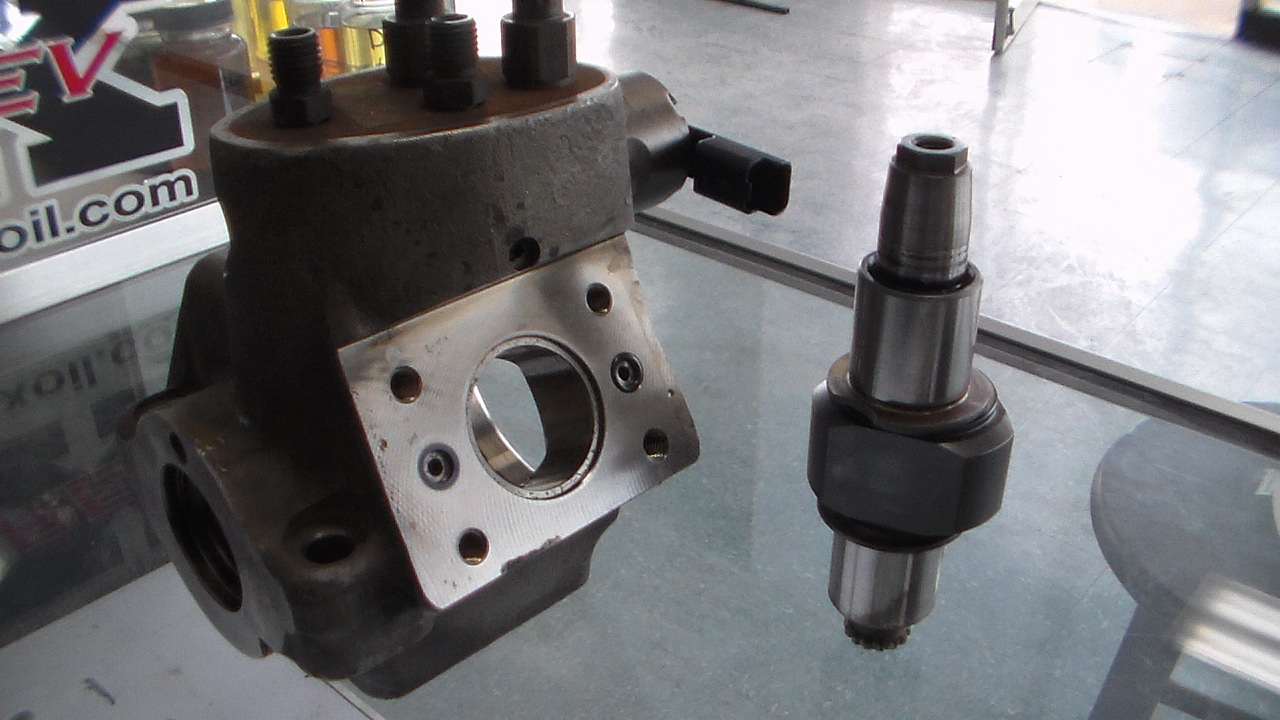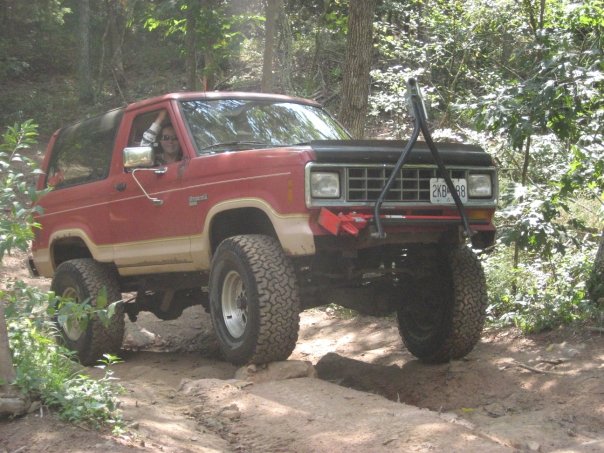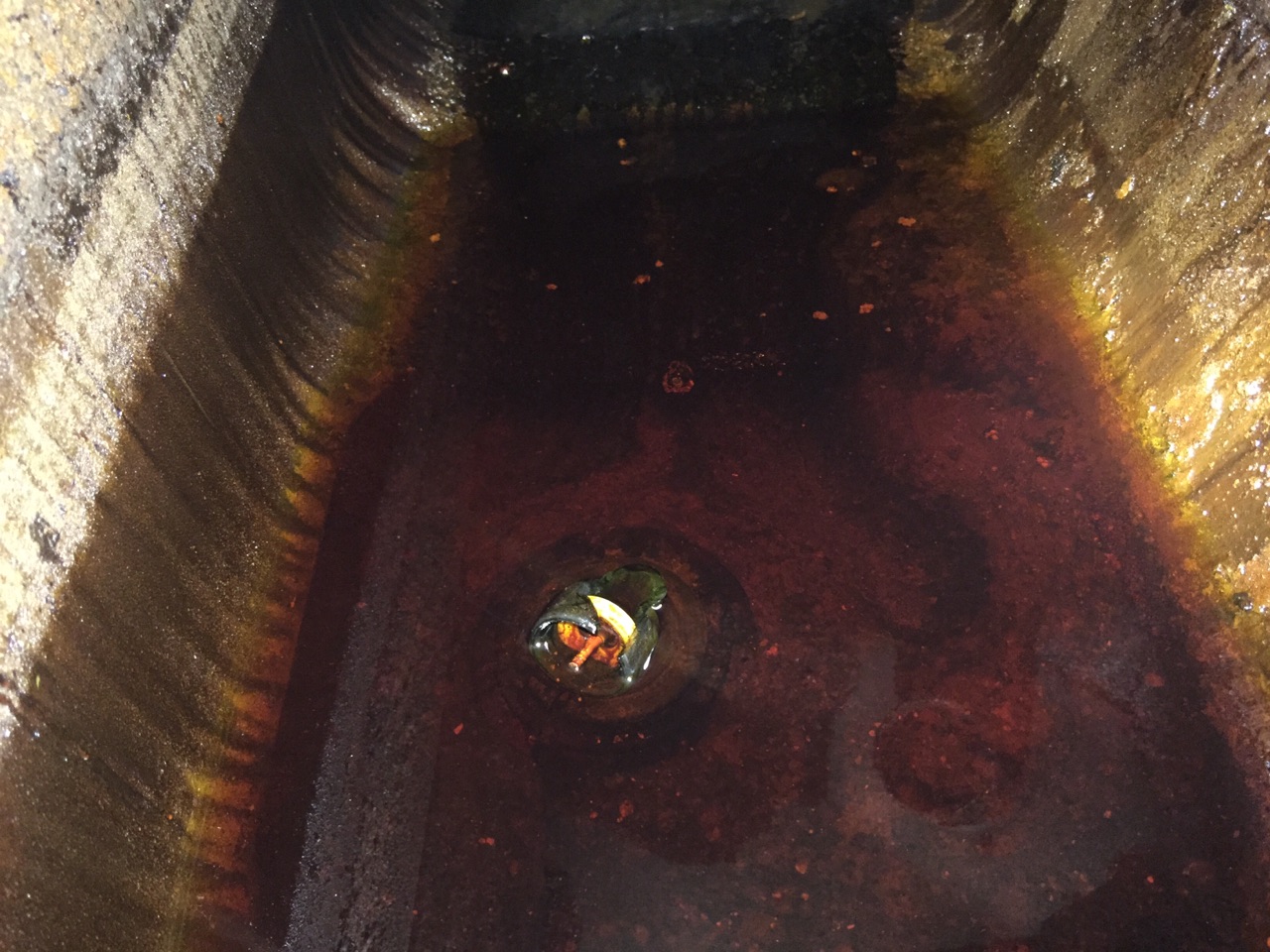Watch the next installment of “whats Inside” and see the complexities of a 2008 Ford 6.4 Powerstroke injection pump.
My First Time – A Poem – By Jennifer Harbaugh
I knew it would hurt
Anticipation grew in my heart
I had heard of people actually bleeding from it
Dangerous it would be,
With many risks involved.
But I didn’t care
This is what I get, listening to my friends
Practicle Jokes, 10 Safe Ways To Stir Things Up + 10 Unsafe Ways.
Every job has its difficulties, and auto/diesel repair is riddled with them. One way to offset this dark element of employment is to commence practical joking. Many technicians prefer not to disturb their cohorts while working, but there are moments of the day that aren’t filled with diagnostic or repairs. This time can be used constructively, or not. Here are ten things I have seen in a shop environment that would be considered the most common and relatively SAFE ways to stir things up.
- Grease under tool box or car door handles.
- Reorganization of tools in others tool boxes.
- Throw a charged capacitor to an unsuspecting operator.
- Actuating a car horn at inopportune moments.
- Blowing up a coolant or oil jug under someones tool box using shop air.
- Closing a hood on some one in a compromising position.
- Pulling strategic fuses in a vehicle to exhibit acute symptoms.
- Covertly drop a tailgate on a truck backing up.
- Long zip ties attached to driveshaft.
- Use a rack to lift a large tool box high off the ground.
These next ones should NOT be performed by anyone, but have been documented as “Impractical Jokes”
- Brake clean torch
- Air bag discharge
- Acetylene contained in a bag or balloon. (cant say how it works, or how to do it)
- Use silicone to adhere tires to the ground.
- Baby oil in washer solvent tank.
- Detaching an automatic transmission’s linkage.
- Open cans of tuna under a cars seat.
- Disconnect inner door handle linkage on vehicle.
- Remove schrader valves from tires or fuel system.
- Baby powder in air vents.
It should be assumed that retaliation would be acceptable if you perform any of these against your peers. Be warned that payback is a Bi#ch.
Do you have any practical jokes, if so please comment.
Alternative Fuel Fails
In the not too distant past diesel owners raced to perfect the perfect bio fuels. Understanding what is, and what is not good for a diesel fuel system can’t be identified until a failure occurs. Like this one, individual took soy based vegatable oil and filtered it. Adding no substantial chemicals, not cut with regular diesel fuel, just filtered soy veggy oil. There was a moment when the truck seemed to run off of this concoction, but soon after the truck sat for a few weeks, the soy began to gel. Taking up residence in the fuel tanks, filters and housing was a tar based material settling in a thick black film 1/4 deep. A brave technician used his natural flavor detection system to identify this substance as SOY!



